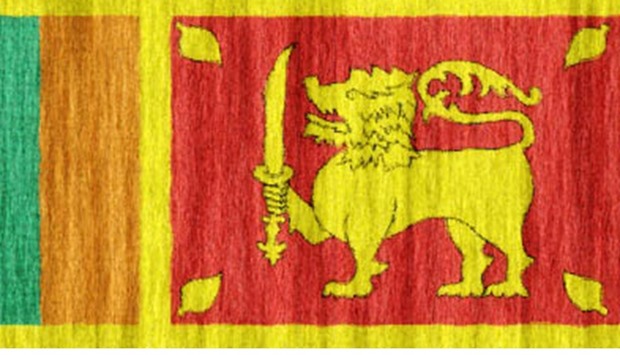United Nations human rights experts have urged Sri Lanka, which is under scrutiny for its human rights record during the 26-year Tamil insurgency, to implement judicial reforms to speed up prosecutions.
Sri Lanka agreed last year to establish a judicial process involving foreign judges and prosecutors to investigate alleged war crimes during the conflict in line with UN
recommendations.
The government has promised an impartial investigation into human rights violations by both sides in the final phase of the war, which ended with the military defeat of the Tamil Tigers separatist guerrillas
in 2009.
“The government has changed, the war is over. But much of the war machinery is still in place,” UN special rapporteur Monica Pinto told
reporters.
The UN rapporteur on torture, Juan Mendez, said he had come across prisoners who had been detained without trial for more than eight years, some due to Sri Lanka’s Prevention of
Terrorism Act.
“First scrap the PTA, eliminate prolonged detention without trial in various forms, establish mechanism for real judicial and prosecutorial control over police investigations and things along those lines,” he said.
UN Human Rights chief Zeid Ra’ad Al Hussein, who visited Sri Lanka in February, asked the government to “confront and defeat the demons of its past”.
Zeid urged Colombo to address war crimes allegedly committed during the 37-year ethnic conflict that ended in May 2009, when the Tamil rebel leadership were wiped out.
In all, some 100,000 people were killed between 1972 and 2009.
Zeid is due to deliver two assessments on Sri Lanka’s human rights situation to the United Nations Human Rights Council in June and
March 2017.

SRI LANKA
